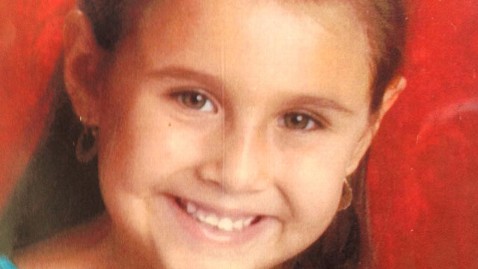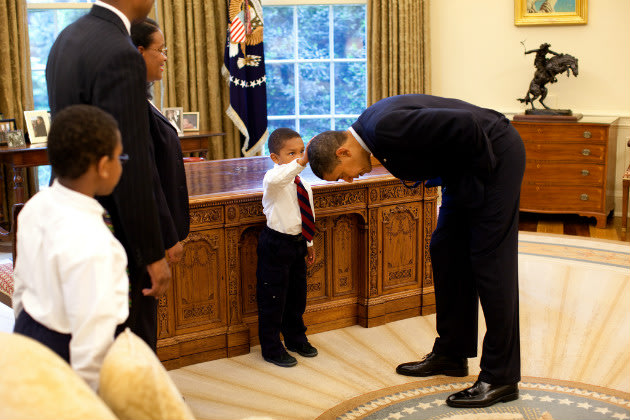Apr 22, 2012 10:45am
Open Window Shows Missing Tucson Girl Was Abducted, Parents Say

Credit: AP Photo/Tucson Police Dept.
Isabel Mercedes Celis’ window had been pushed open and the blind was pushed to the side when the 6-year-old disappeared from her Tucson, Ariz., home this weekend, her parents said, and police said they have found a “suspicious … entry point.”
Celis’ parents said they last saw the little Friday night around 11 p.m. in her bedroom. When Celis’ father went to wake her up on Saturday morning, she was gone, but the window was open, police said. There was no broken glass.
“She was checked on at about 8 o’clock so they can start their day. And she was not in her room at that point,” Tucson Police Department spokeswoman Sgt. Maria Hawke said.
Initially police treated the disappearance as a missing persons case, but they have reclassified the case as a suspicious lost child or possible abduction and are exploring all possibilities.
Police Chief Roberto Villasenor said in a press conference today that there were still questions about whether anyone had forced their way into the house.
“We have a location where we think that could be a possible location of entry, but there’s also questions that we’re looking into on that,” he said. “The family has been cooperating with us…but we’re not ruling out anything of this investigation.”
Hawke said this evening that police had found “suspicious circumstances around a possible entry point,” and were investigating further.
Police have served some search warrants in the case, the police chief said, but he would not go into details.
Scores of police, FBI agents and federal marshals are engaged in a massive manhunt, which includes aerial grid searches and checkpoints on the ground. FBI dogs are being flown out from Virginia to help with the search.
Villasenor said anywhere from 150 to 250 people are working on the case.
“We don’t have an actual piece of evidence that points us in one direction or another, so, for example we don’t have a piece of evidence that says she was definitively taken from the residence,” Hawke said. “We don’t have any specific piece of evidence that tells us she left the residence on her own.”
They have virtually locked down the neighborhood, asking anyone if they’ve seen Celis. Police have served several search warrants since Celis’ disappearance in and around the neighborhood. Police have kept everyone away from the home as they look for any signs of damage or forced entry.
Celis’ family has no doubt she was kidnapped by a stranger.
“You don’t think anything like that would actually really happen to you. And all of sudden, you wake up one morning and you’re in that scenario. Everything goes through your mind, you’re angry, you’re upset, you’re frustrated, you’re confused,” said Isabel’s uncle and family spokesperson Justin Mastromarino.
Mastromarino said her family is a loving one.
“They’re very upset right now, mother is beside herself we’re just trying to let police do their thing and get as much info as possible,” said Mastromarino.
Mastromarino described his niece as “just a sweet little girl.”
“All the ambition in the world. She could do whatever she wanted. Didn’t really like strangers or anything like that so very close knitted and just very wise,” said Mastromarino.
Villasenor said the neighborhood is mostly middle class and residential.
“I wouldn’t call this a high-crime area at all,” he said.
ABC News Radio contributed to this report.
 Email
Email



 Education
Education Thursday, May 10, 2012
Thursday, May 10, 2012
